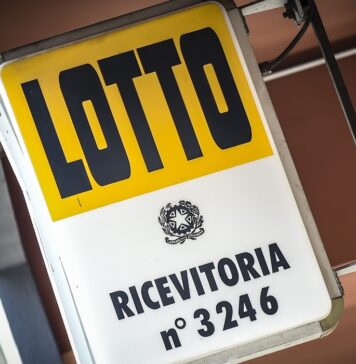
Greece, the European Commission presents a reasoned opinion on VLT taxes and tariffs
(Jamma) The Third Central Jurisdictional Section of Appeal of the Court of Auditors rejected the appeal filed by the concessionaire Sisal against the order issued by the Lazio regional prosecutor's office of the Court of Auditors which led to the maxi-sentencing of the network concessionaire. The story revolves around the defaults in starting the network of appliances that occurred between 2004 and 2007.
The objections of nullity were advanced in the appeal, in fact the appeal concerned only the sentence-order issued in the first instance in November 2010. With that provision, the Court, in addition to ordering an official technical consultancy to ascertain the responsibilities of the concessionaires, rejected
a series of objections of nullity raised on the writ of summons and some investigative documents that started the proceeding. The main exception concerns the failure to comply with the so-called Bernardo award, i.e. the rule dictated by the anti-crisis decree of 2009 which limits the possibilities of investigation by accounting prosecutors. In fact, the concessionary company reiterated that the prosecutor had activated the liability action in the absence of a complaint from the Aams, or of a news of damage.
The judges of the Third Central Appeal Section of the Court of Auditors rejected Sisal's appeal, deeming "that the initiation of the investigations and the consequent initiatives of the regional prosecutor's office, aimed at the acquisition, first of all, of documentation concerning the concession relationships maintained by the AAMS with the various concessionary companies and, subsequently, at the deepening of the various cognitive elements that hand emerged from the delegation granted to the Guardia di Finanza and, lastly, from the contents of the so-called "Grandi report", were not only lawful but downright obligatory; these initiatives do not at all constitute a form of generalized control over the activity of the State Monopolies Administration but rather represent an institutional activity of verifying hypotheses of tax damage (to be submitted, it is repeated, to the scrutiny of the accounting judge) emerging from sources of knowledge endowed with the characteristics required to legitimize the opening of the dispute and the completion of the related preliminary investigations.










